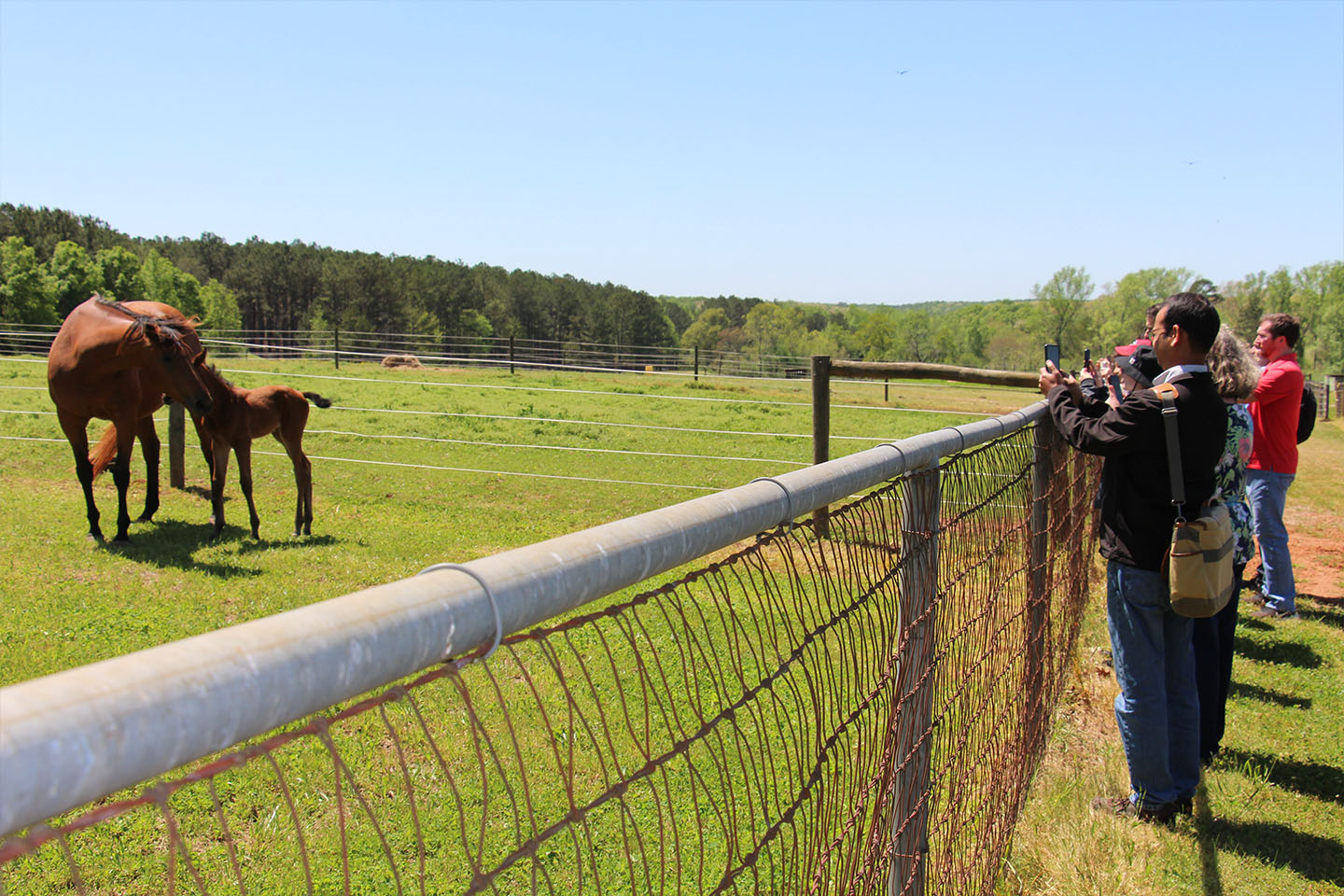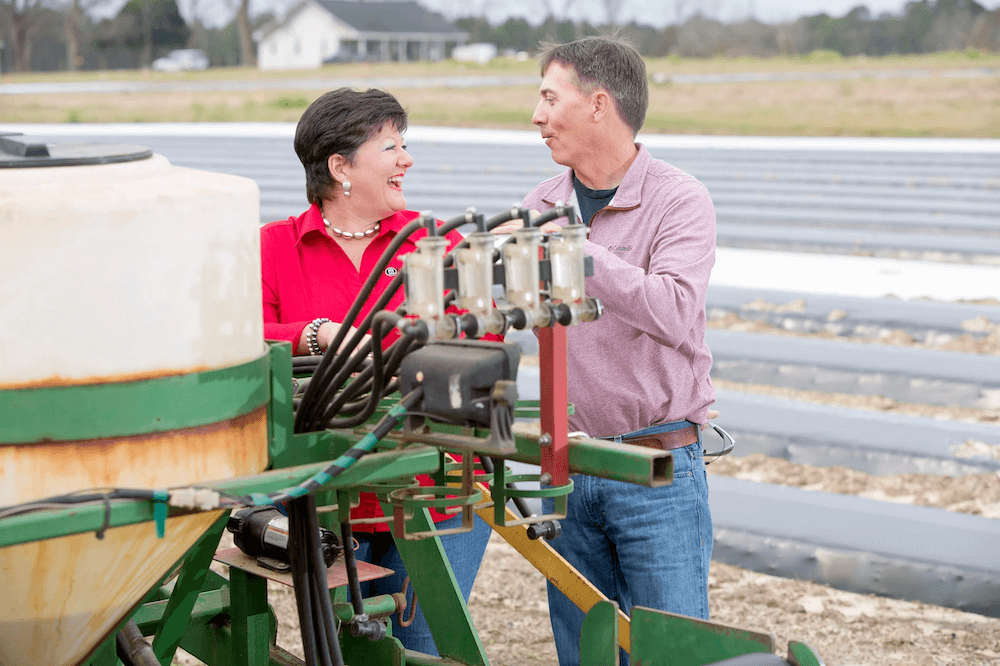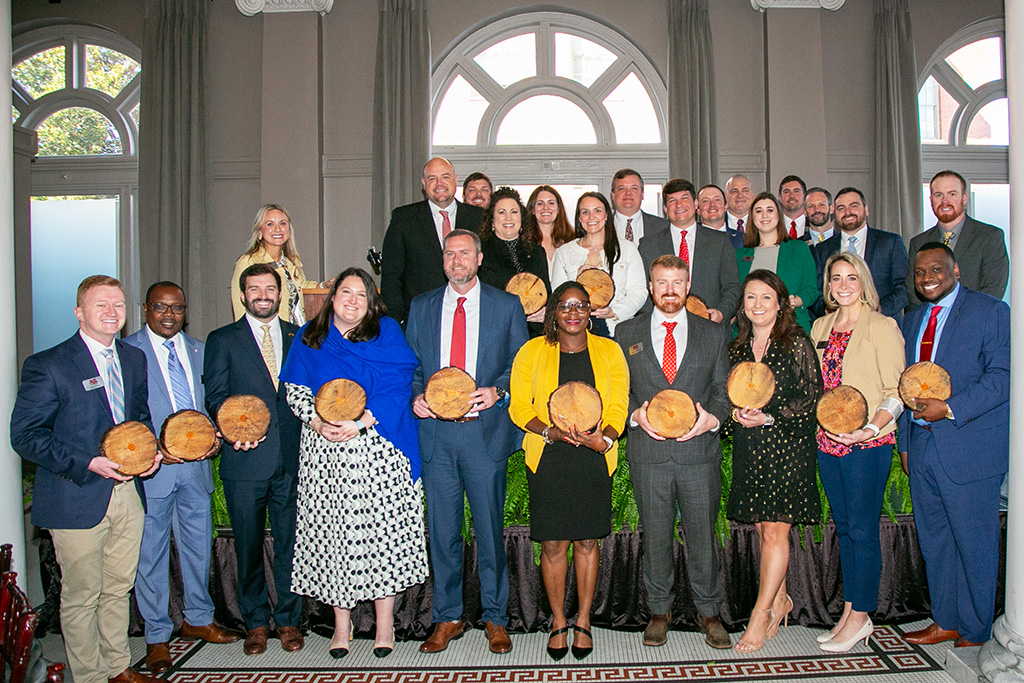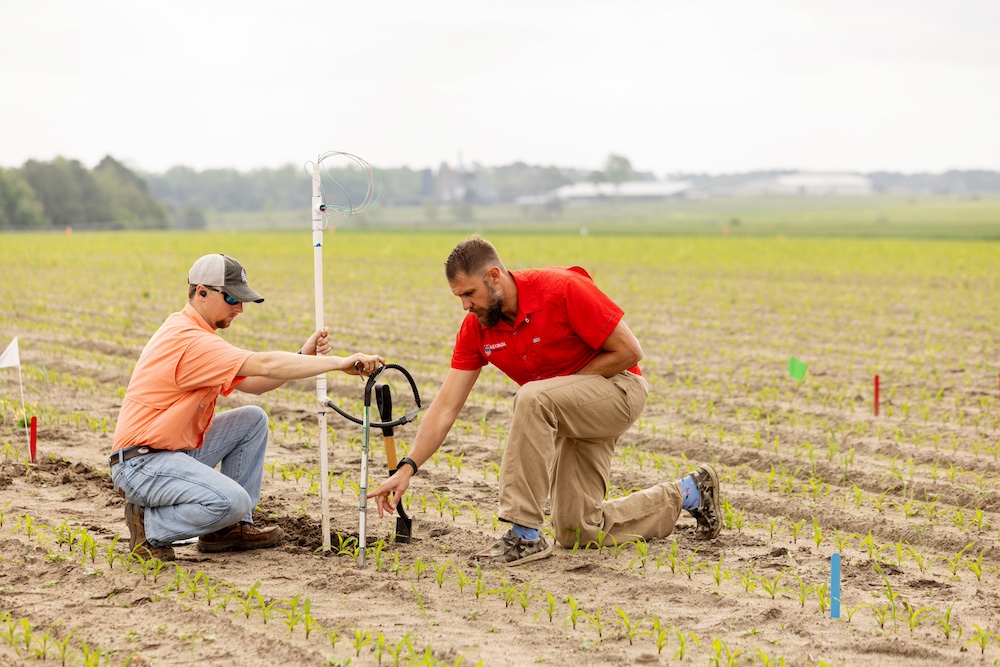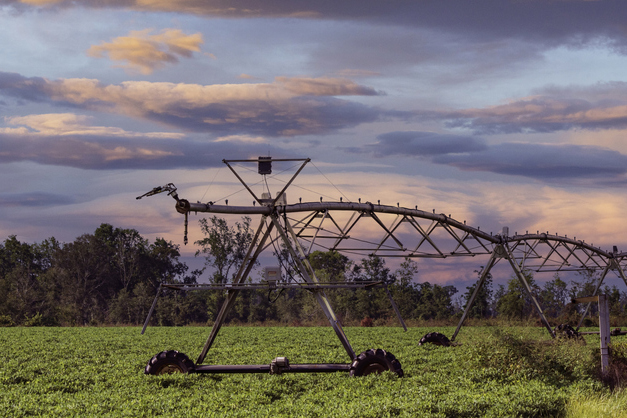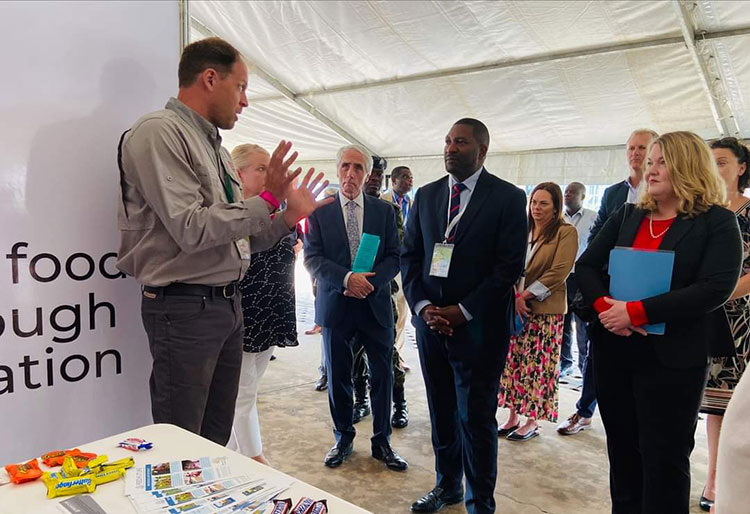When all of an area's farmers hit the market at once with hundreds of bushels of snap beans, the scales tip in favor of the wholesale buyers. That was the problem facing some African-American family farmers in south Georgia.
The farmers have been stewards of the land for generations. They know how to grow the finest peas, beans, watermelons and greens. But selling such staples in a sparsely populated rural market is another matter.
To get more marketing clout, family farmers in Brooks, Thomas, Grady and Decatur counties formed the South Georgia Vegetable Growers Cooperative.
With the help of a grant from the Sustainable Agriculture Research and Education program, their vegetables now skip the wholesalers and land directly on Atlanta grocery shelves within 24 hours of harvest.
The SARE project isn't just about marketing, said Freddie Payton of the University of Georgia Institute of Community and Area Development.
Payton, who heads the project, said it also shows farmers how to diversify crops and grow them more sustainably over time.
"The production and marketing system works," he said, "because the vegetable growers form a circle of information exchange with project partners."
Here's how it works. Produce buyers in Atlanta arrange to buy straight from the farmers, bypassing wholesalers. The buyers also tell the farmers which crops Atlanta shoppers want. And they keep the growers up-to-date on high-value trends such as bunch radishes and exotic eggplants.
The farmers then sit down with experts from the University of Georgia and the Federation of Southern Cooperatives. Together, they plan low-input, sustainable ways to grow both new crops and their old staples. UGA economists work with the retail outlets and the farmers to see how profitable each crop will be.
The project is still being refined. But already, it moves produce from the fields to Atlanta markets in less than 24 hours.
Sorting, cleaning and packing produce right in the field is a big part of the system. Farmers then take their graded, packed harvest to pickup points and load it on trucks for a night ride to Atlanta.
By morning, participating Atlanta retail outlets can offer farm-fresh produce free of the postharvest chemicals often used on long hauls.
With two SARE-funded seasons behind them, the project partners are confident the system will work. But with a year of the grant left, many challenges remain.
- They still need quick, low-cost ways to remove field heat from crops.
- Growers struggle to stagger harvests so they can have full shipments for produce buyers every week.
- Quality control is a sensitive issue when inspecting the produce friends and relatives have grown.
- Learning to grow new crops such as carrots, radishes and salad greens takes time.
- Co-op members need time, too, to develop leadership and business management skills.
The farmers had none of these problems when they just sold their produce in wholesale lots at the local auction.
"This project is unique," Payton said. "We're challenging farmers, researchers and outreach personnel to rethink how we work together so small holders in south Georgia can successfully adopt innovative fresh vegetable systems."
The growers are asked to take on new tasks, he said. They have to learn quality control, packaging and crop diversification. At the same time, UGA experts must help farmers address many aspects of production, postharvest handling and marketing.
"I'm confident the public will keep supporting local farmers by buying produce grown in the region," Payton said. "We urge farmers to visit supermarkets, too, to see how their produce is displayed and promoted. This is a chance to help farmers and urban residents reconnect."

